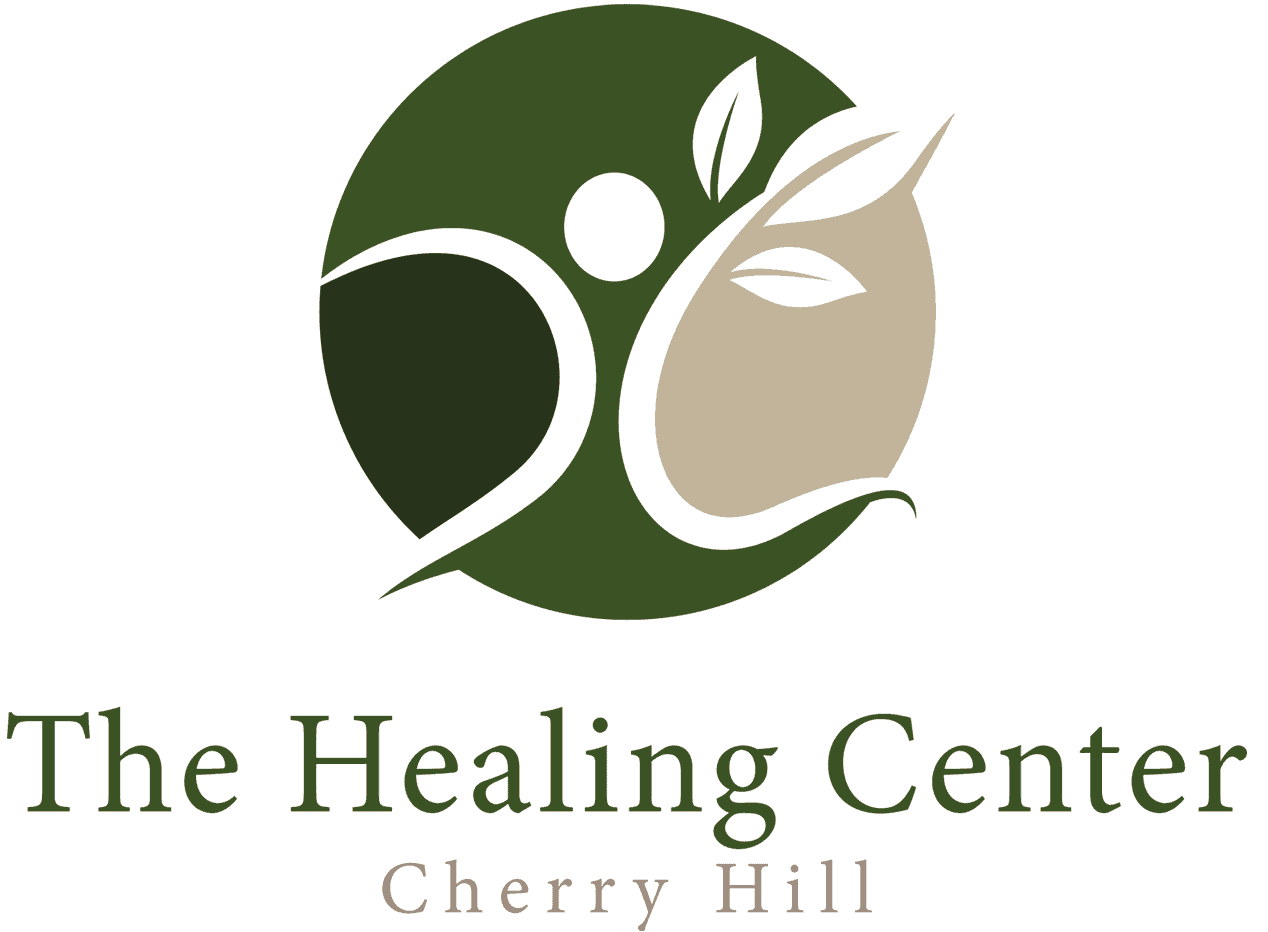Addiction treatment can be provided in a variety of settings and levels of care. One of these options is outpatient treatment. Outpatient treatment programs offer a range of benefits for individuals seeking help for various medical, mental health, or substance abuse issues. These programs are designed to provide care and support while allowing patients to continue living at home and maintain their daily responsibilities.
What Is Outpatient Treatment For Addiction?
Outpatient treatment is a form of medical, mental health, or substance abuse treatment where individuals receive care and services without being admitted to a hospital or residential facility. Instead, they visit a healthcare or treatment center at scheduled times while continuing to live at home or in their community. Outpatient treatment programs vary in intensity and can range from relatively mild to more comprehensive, depending on the specific needs of the individual and the nature of their condition.
Outpatient treatment for addiction and mental health disorders offers similar services compared to residential treatment. The exception is that clients are not monitored 24 hours a day. Nonetheless, clients still have access to both medical and therapeutic care including group therapy, medication management, and individual therapy.
The Benefits Of Outpatient Treatment For Addiction
Outpatient treatment for addiction offers several benefits for individuals seeking recovery from substance use disorders. These programs provide structured care and support while allowing individuals to continue living at home and maintaining their daily responsibilities. Here are some of the key benefits of outpatient treatment for addiction:
Flexibility: Outpatient treatment is more flexible than inpatient or residential programs. Patients can schedule their treatment sessions around work, school, and family commitments, making it easier to maintain a sense of normalcy in their lives.
Cost-Effective: Outpatient treatment is often more cost-effective than inpatient care because it doesn’t require the same level of 24/7 supervision and accommodation costs. This can make treatment more accessible to individuals with limited financial resources or insurance coverage.
Community Integration: Outpatient programs allow individuals to remain connected to their local communities and support networks. This integration can help in the recovery process by providing a sense of belonging and access to external resources.
Supportive Environment: While outpatient treatment allows individuals to return home each day, it provides a structured and supportive environment during treatment sessions. This support can be instrumental in helping individuals stay on track with their recovery.
Continued Care: Outpatient treatment provides ongoing care and support, which is crucial for maintaining sobriety and preventing relapse. Many outpatient programs offer long-term follow-up care to support individuals in their recovery journey.
Skill Development: Outpatient programs often focus on teaching practical skills and coping strategies that individuals can apply in their everyday lives. This equips them with tools to manage triggers and stressors without turning to substance use.
Personalized Treatment: Outpatient treatment plans are tailored to meet the specific needs and goals of each patient. This personalized approach ensures that individuals receive the appropriate level of care and support for their unique circumstances.
Family Involvement: Many outpatient programs involve family members and support systems in the therapy process. This can help improve communication, rebuild trust, and strengthen the overall family dynamics, which is often essential for long-term recovery.
Relapse Prevention: Outpatient treatment places a strong emphasis on relapse prevention strategies. Patients learn to identify triggers, develop coping skills, and create a relapse prevention plan to safeguard their sobriety.
Transition to Independence: Outpatient treatment can serve as a transitional phase for individuals who have completed inpatient or residential programs. It helps them gradually reintegrate into society while continuing to receive support and guidance.
Access to Support Groups: Many outpatient programs offer access to support groups and peer support networks. These connections can provide a sense of camaraderie and shared experiences, which can be motivating and comforting during recovery.
Medication Management: Some outpatient programs offer medication-assisted treatment (MAT) for individuals with opioid use disorders. MAT can help stabilize cravings and withdrawal symptoms, increasing the chances of successful recovery.
It’s important to note that the effectiveness of outpatient treatment for addiction varies from person to person, and the appropriate level of care should be determined through a comprehensive assessment by healthcare professionals. In some cases, a combination of outpatient and inpatient treatment may be recommended based on the individual’s needs and the severity of their addiction.
When Is Outpatient Treatment The Right Choice?
Outpatient treatment can be the right choice for individuals facing various medical, mental health, or substance use issues when certain conditions and circumstances align with the benefits of outpatient care. The appropriateness of outpatient treatment depends on several factors, including the individual’s specific needs, the nature and severity of their condition, and their personal circumstances.
It’s important to emphasize that the appropriateness of outpatient treatment should be determined through a comprehensive assessment by healthcare professionals. They can evaluate the individual’s specific needs, conduct a thorough diagnosis, and recommend the most suitable level of care. In some cases, a combination of outpatient and inpatient treatment may be the best approach to address an individual’s unique circumstances and requirements.
Outpatient Treatment In New Jersey
If you or a loved one is struggling with mental health or addiction and looking for outpatient treatment in New Jersey, then The Healing Center can help. Here at The Healing Center, we offer a compassionate approach to treatment. We understand how difficult recovery from mental health or addiction struggles can be. Contact our admissions team today to learn more.
